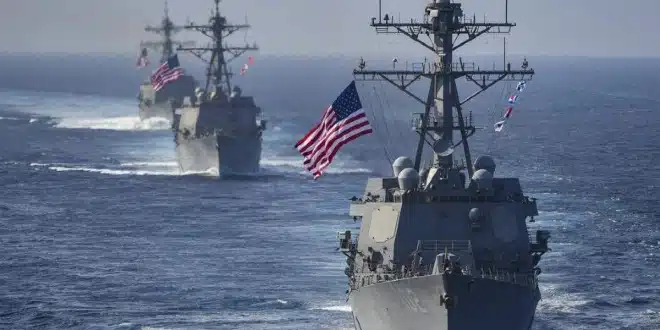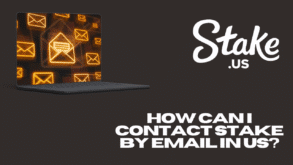In a move widely interpreted as a major escalation, the United States has dispatched three guided-missile destroyers off the Venezuelan coast, days after dramatically raising the bounty on President Nicolás Maduro. Caracas denounced the deployment as “illegal” and “immoral,” with Maduro accusing Washington of plotting a “military terrorist attack” and warning that aggression against Venezuela would be seen as an attack on all of Latin America and the Caribbean.
Venezuela Condemns U.S. Action
Speaking publicly, Maduro framed the naval presence as part of a long-running U.S. campaign of “regime change.” He argued that Washington’s moves are not only a direct threat to Venezuela’s sovereignty but also a provocation against the broader region. His remarks also invoked the support of China, one of his government’s key allies.
China echoed his criticism, with Foreign Ministry spokesperson Mao Ning declaring that any foreign interference in Venezuela violates international law and the UN Charter. Beijing reiterated its support for Maduro’s government, stressing that sovereignty must be respected.
The three destroyers—USS Gravely, USS Jason Dunham, and USS Sampson—are Aegis-equipped and capable of advanced missile defense. According to the Trump administration, the ships are part of a broader initiative aimed at countering drug cartels in Latin America and “protecting American citizens.”
Maduro Highlights China Ties
In a symbolic message to Washington, Maduro used a national education event to highlight Venezuela’s deepening partnership with Beijing. At the closing ceremony of the “First Pedagogical Congress of Bolivarian Teachers,” he displayed his new Huawei smartphone, which he said was a personal gift from Chinese President Xi Jinping.
Maduro claimed the device allows him to communicate directly with Xi via satellite. Lightening the mood, he mimicked a conversation in Mandarin, greeting with “Ni hao, ni hao” (hello) and thanking with “Xiexie, xiexie” (thank you). The gesture underscored his effort to showcase China as a strategic ally amid heightened U.S. pressure.
Why the U.S. Wants Nicolás Maduro
Nicolás Maduro, who has ruled Venezuela since 2013 after succeeding Hugo Chávez, has become one of the most polarizing leaders in Latin America. His tenure has coincided with economic collapse, hyperinflation, widespread poverty, and political repression. While countries such as Russia, China, and Iran continue to back him, Western governments—including the U.S. and EU—have accused him of authoritarianism and electoral fraud.
Washington also alleges Maduro is directly involved in drug trafficking. U.S. prosecutors point to a 2016 case in which two of his wife’s nephews were convicted of cocaine smuggling, claiming drug money helped fund Maduro’s political rise. Several top Venezuelan officials close to him have likewise been sanctioned for narcotics trafficking and alleged links to terrorist groups.
In 2020, the U.S. indicted Maduro on narco-terrorism charges, accusing him of conspiring to flood the American market with cocaine in a bid to undermine public health and national security. A $15 million reward for his capture was announced during Donald Trump’s presidency.
Since then, the bounty has steadily increased—raised to $25 million under President Joe Biden and now doubled to $50 million. Washington has labeled him a “major drug trafficker,” with U.S. officials describing the move as part of intensifying efforts to bring Maduro to justice.
What This Means
The combination of increased financial pressure and a visible military buildup marks one of the most serious escalations between Washington and Caracas in recent years. While the U.S. insists the naval deployment is aimed at combating organized crime in the region, Venezuela sees it as a direct threat to its sovereignty. With China openly backing Maduro, the standoff also highlights how Venezuela has become a flashpoint in wider geopolitical rivalries.


